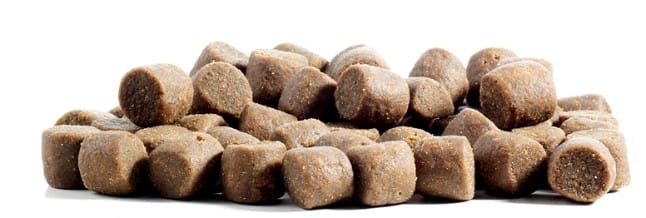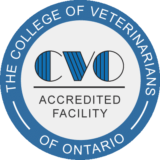Medicated Feed Treatments: How to maximize the success of a treatment

Fish farmers and veterinarians alike do what they can to keep fish healthy and productive. Potential problems are minimized by practicing sound fish health management, such as minimizing negative environmental factors, applying the principles of biosecurity, collecting and classifying morts to get ahead of potential issues, etc. However, issues may arise even with our best efforts put forward. In the case of bacterial infections, we may need to turn to using in-feed antibiotics. Here are some important considerations when preparing for a medicated feed treatment:
- Take time to consider and provide your veterinarian with the most accurate information possible on all the variables that go into a medicated feed calculation. This will help your veterinarian optimize the treatment plan and maximize the chance of success. Some of the main variables which will impact your treatment include:
- Average size and total number of fish to be treated (which is used to calculate the biomass).
- Daily feed rate – try to be as accurate as possible, but it is better to underestimate than to overestimate. If it is variable, let your veterinarian know so that they can account for this in their calculations.
- Feed mixing – will you be mixing your own medicated feed or will a feed mill prepare it for you?
- Past treatment results – have things gone well or have you had issues with treatment efficacy?
- Water temperature – it could impact the meat withdrawal time of the treatment.
- Ensure your fish hit their minimum daily feed rate to achieve the minimum required dosage of medication. Most antibiotics have a wide safety margin and in general, it is better to give your fish more than not enough medication on a given day of treatment to limit the development of antimicrobial resistance.
- Feed medicated feed exclusively throughout the treatment! In other words, do not ever “top up” with non-medicated feed if you think your fish are still hungry. In most cases you are fine to top up with more medicated feed unless your medication is in tight supply and you will not have enough on hand to achieve the minimum feed rate for each day of the treatment.
As always, please consult your veterinarian if you have any questions or concerns – it is much better to ask your vet before or during a treatment rather than discussing concerns or questions after the treatment is finished.
If you have any questions on these or other topics, please do not hesitate to contact our Veterinarian Dr. Mykolas Kamaitis.




